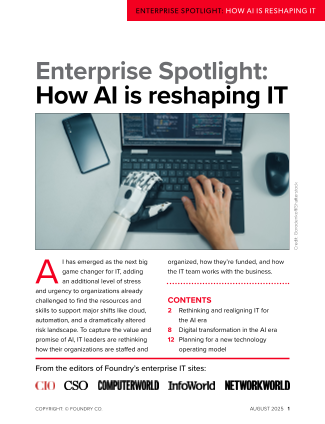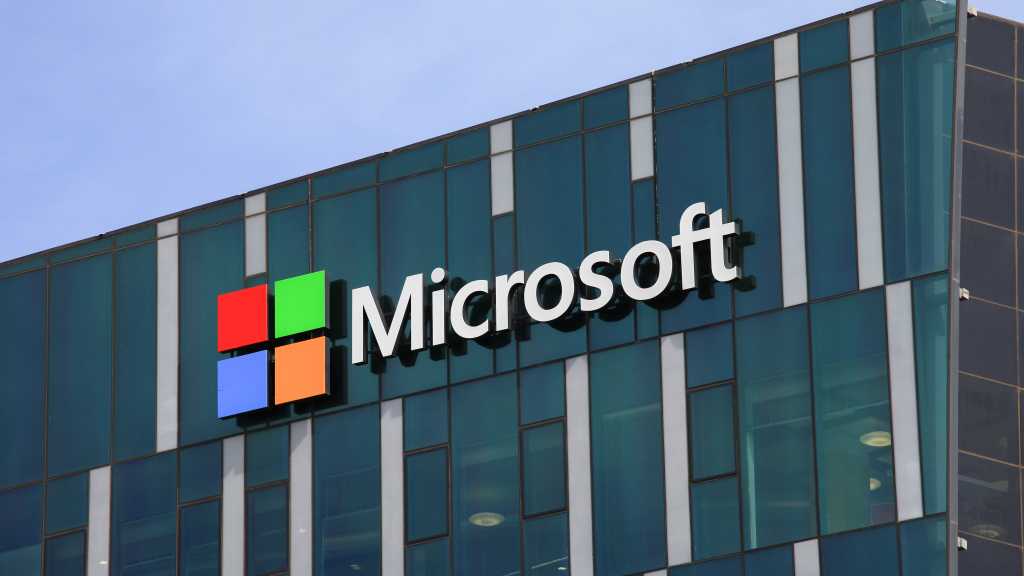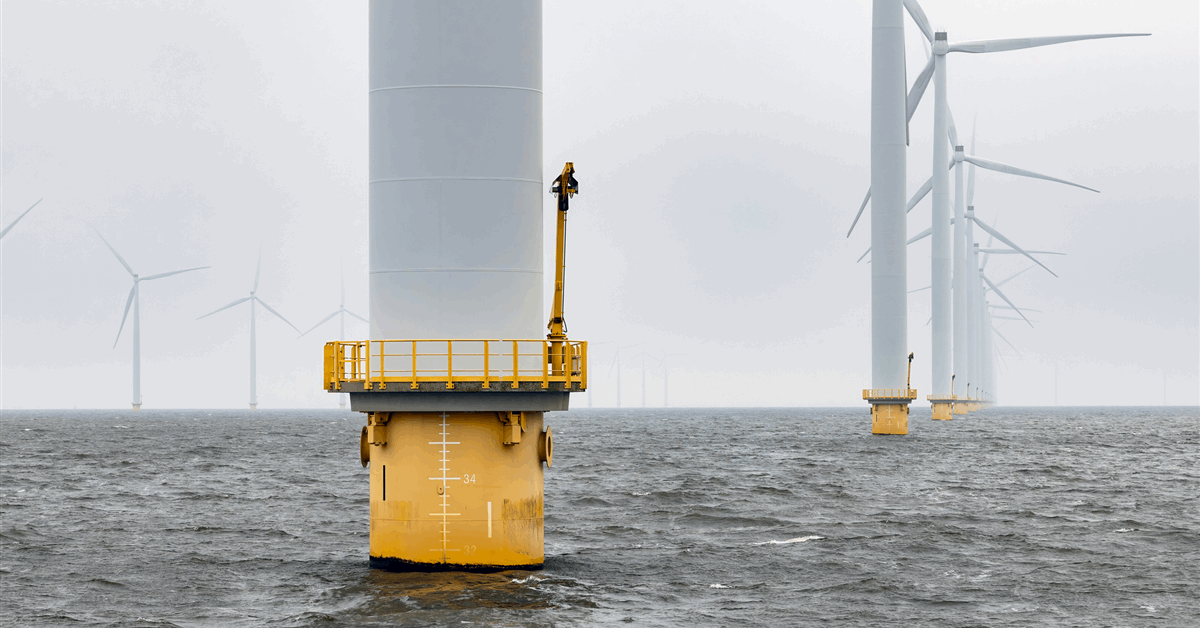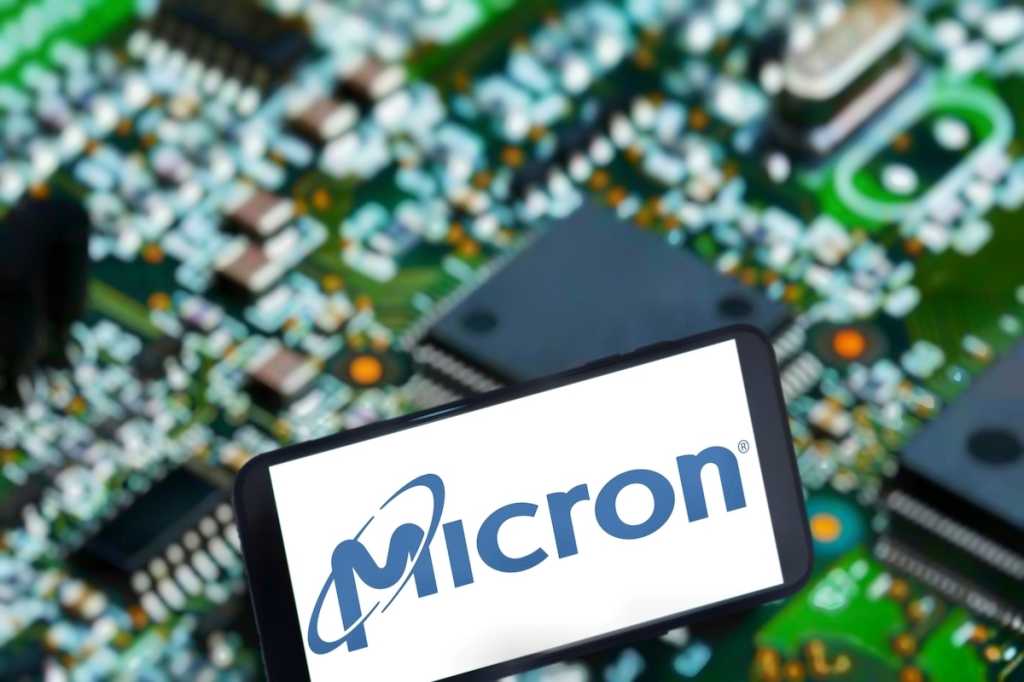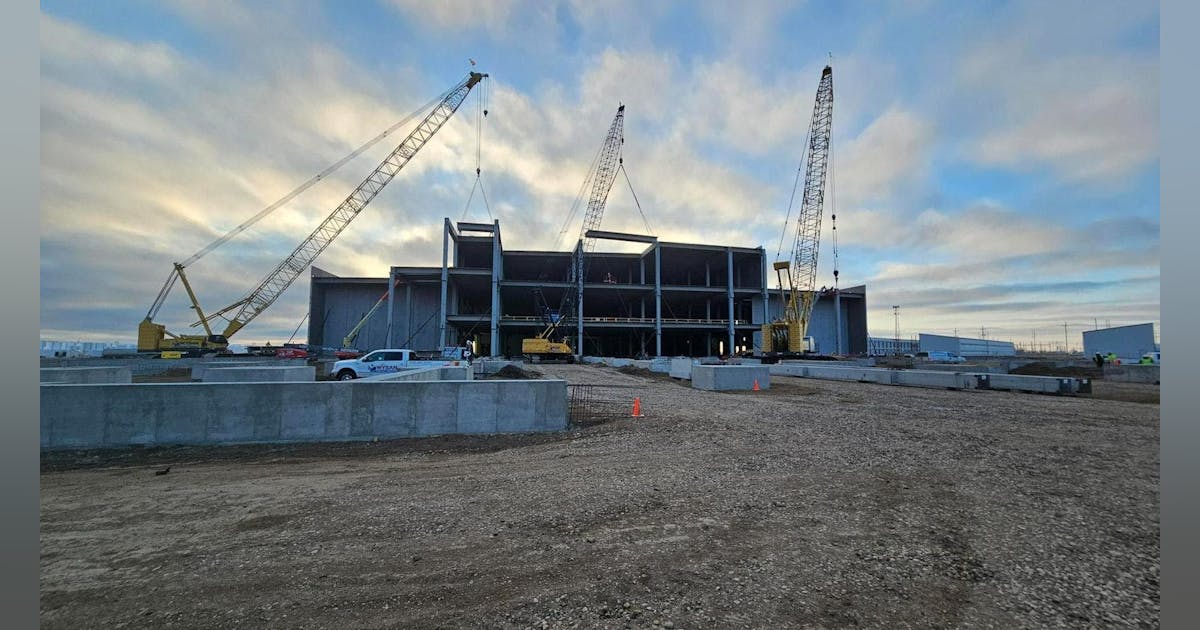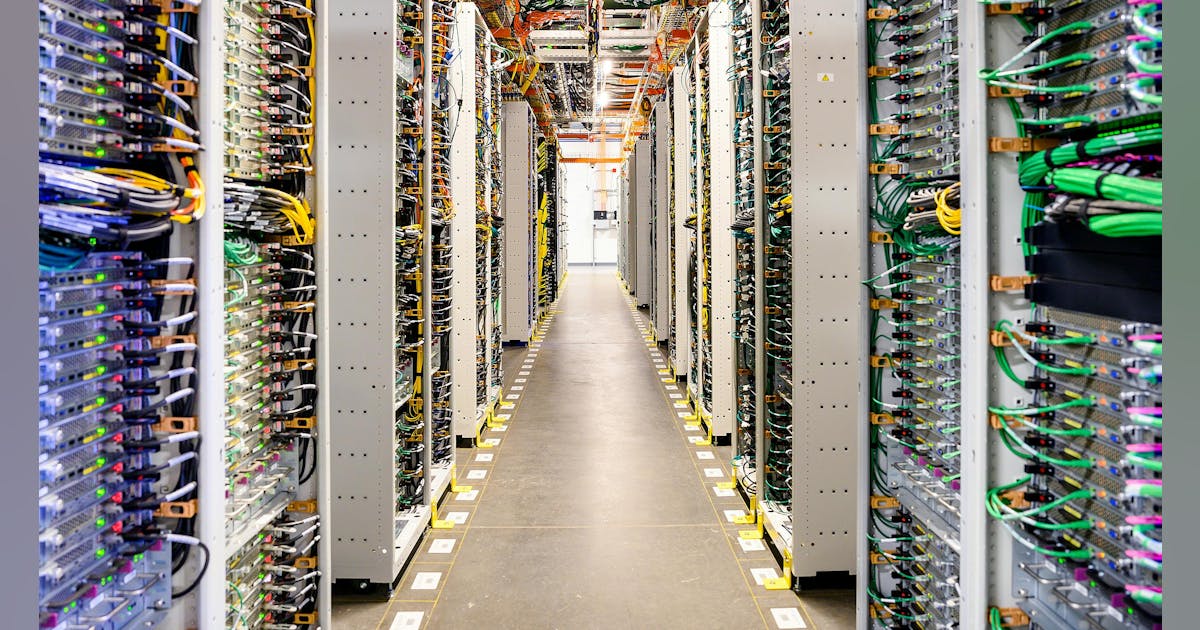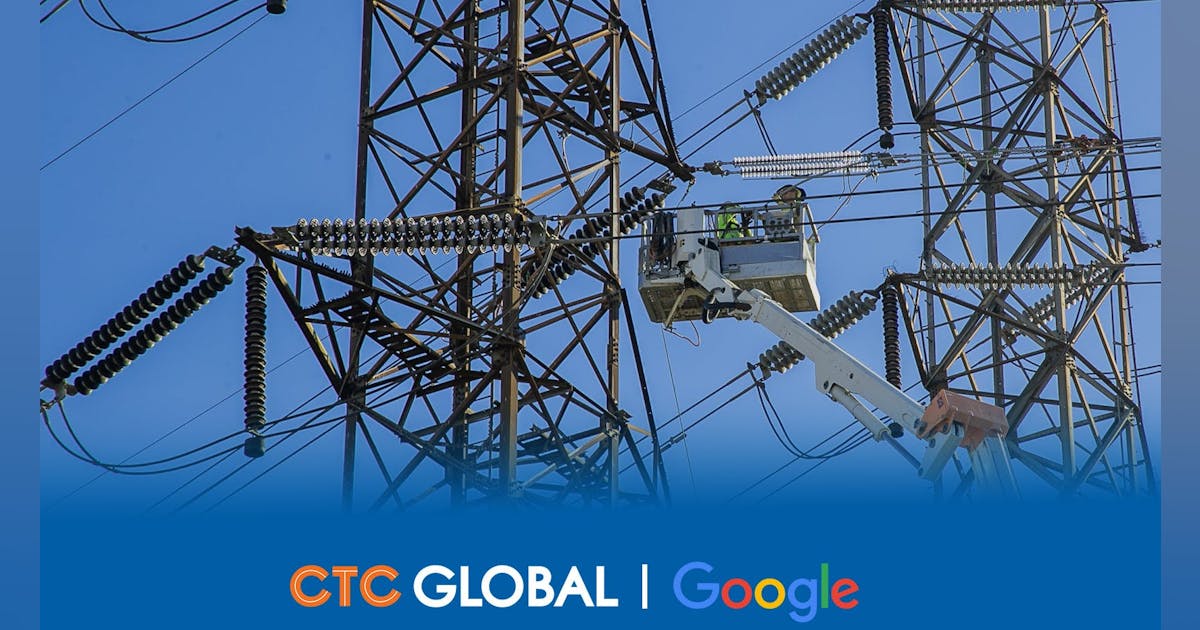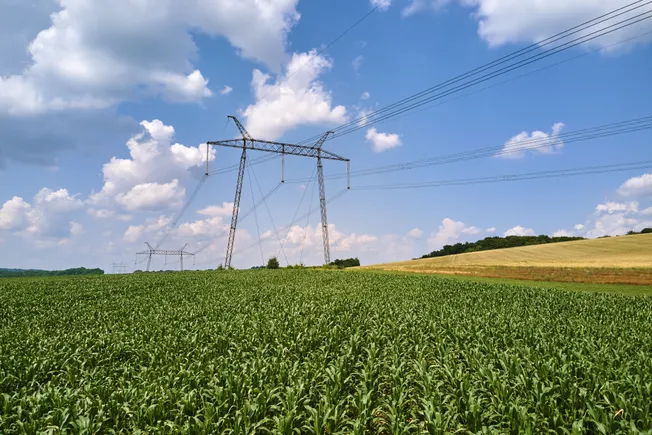
Five state utility commissions asked the Federal Energy Regulatory Commission to change the classification of a $22 billion portfolio of “multi-value” transmission projects, a move that would make them ineligible for regional cost sharing, according to a complaint filed at the agency on Wednesday.
The utility commissions from Arkansas, Louisiana, Mississippi, Montana and North Dakota contend that MISO overstated the benefits of multi-value projects in its Tranche 2.1 regional transmission portfolio, which the grid operator’s board approved in December.
Unlike other types of transmission projects, multi-value projects have their costs shared across MISO’s footprint.
The Tranche 2.1 portfolio contains 24 transmission projects, including some that form a 3,631-mile, 765-kV backbone. The projects are expected to go online from 2032 to 2034, according to MISO.
The state commissions contend that MISO used flawed modeling and assumptions that inflated the value of the Tranche 2.1 portfolio.
MISO, for example, said the low-end benefits of three key metrics — avoided capacity costs, mitigation of reliability issues and decarbonization — used to assess Tranche 2.1 totaled $38.3 billion in 2024 dollars over 20 years, making up about 74% of benefits in the scenario, according to the complaint.
However, after “correcting” MISO’s assumptions and analysis, a consultant for the utility commissions pegged the benefits of those metrics at $4.3 billion to $7.2 billion, according to the complaint. The benefits of the transmission portfolio are “significantly less than the costs,” making it ineligible for its MVP designation under MISO’s rules, the state commissions said.
MISO’s Tranche 2.1 portfolio aims to give states with clean energy goals such as Minnesota, Michigan and Illinois access to remote sources of clean energy, according to the complaint.
“Classifying the Tranche 2.1 projects as MVPs allows states with ambitious clean energy goals to shift transmission costs (to deliver their remote energy) to other states that either do not share the same clean energy goals or have decided to build their renewable and other resources closer to load,” the state commissions said.
MISO’s multi-value project process lacks oversight and cost control, according to the complaint.
“The tariff permits MISO to model the system, make assumptions, propose projects, and then direct their construction,” the commissions said. “Input from states and stakeholders is advisory only and easily disregarded.”
When MISO’s market monitor, Potomac Economics, identified flaws with MISO’s cost-benefit assumptions, instead of addressing the concerns, the grid operator’s board ordered staff to challenge the market monitor’s authority to be involved in transmission planning oversight, according to the complaint.
FERC earlier this month denied MISO’s petition to limit the market monitor’s oversight of transmission planning.
MISO is reviewing the complaint, according to Brandon Morris, a spokesman for the grid operator. “The Tranche 2.1 portfolio was developed through a collaborative process that included substantial stakeholder engagement, including more than 300 meetings and feedback on the solutions and benefits,” Morris said in an email, adding that the portfolio supports reliability and the future needs of MISO’s system.

